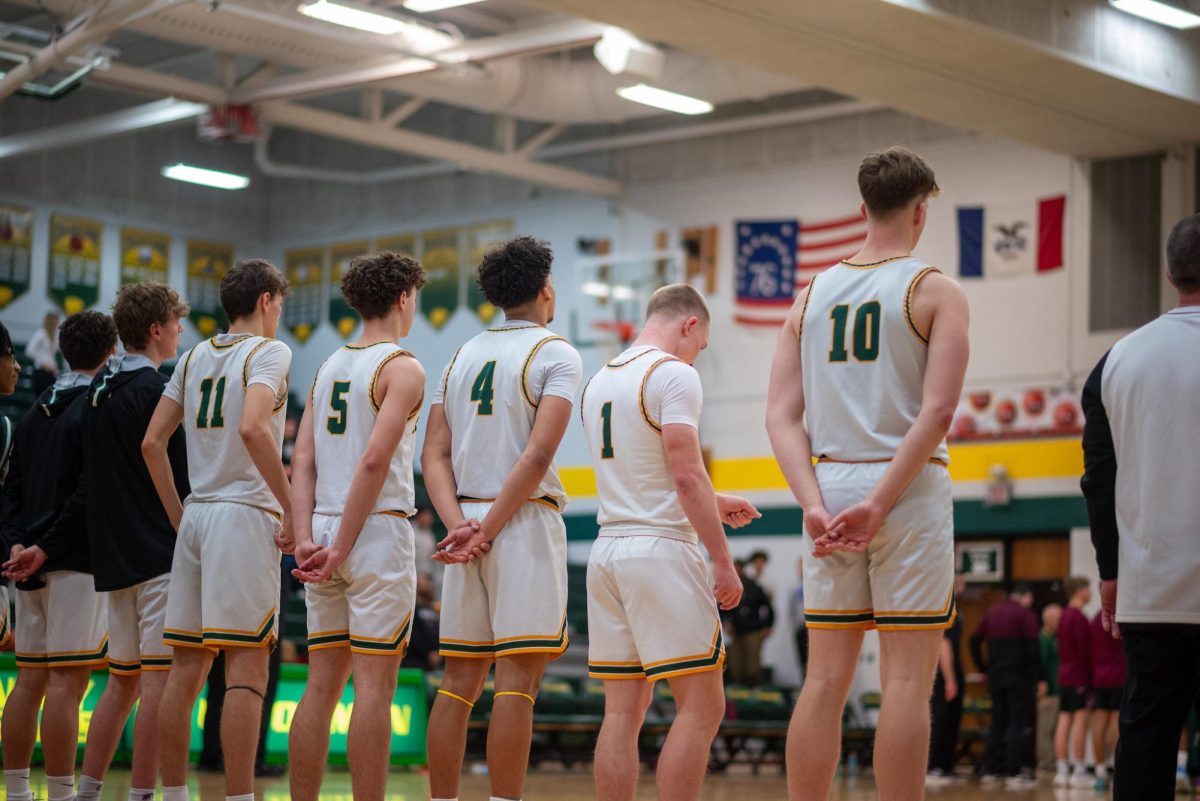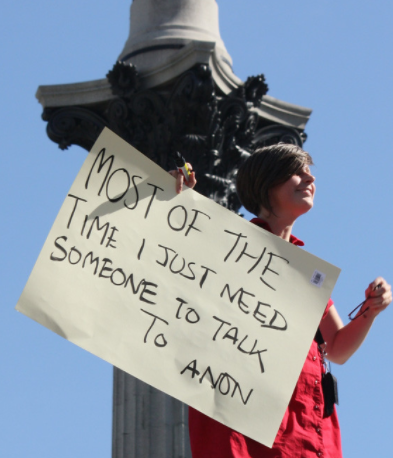Teen Mental Health Needs Attention
November 17, 2021
In high school today, more and more students are experiencing mental illnesses. This is most visible when students act up, troll social media and open up discussions about it. Teen mental health needs our attention.
According to NPR, one in five students may be struggling with the same issues adults deal with, such as depression, anxiety and substance abuse. In the United States, 50% of people will be diagnosed with a mental illness or disorder at some point in their lives. Common disorders include ADHD, anxiety and depression. These disorders tie into major problems found in schools, as students with these diagnoses continue to attend class as usual. Chronic absences, low achievement, disruptive behavior and dropping out of school entirely are just a few effects of poor mental health in school environments.
According to the Iowa Center for Public Affairs Journalism, schools could play a role in identifying students with problems and, therefore, help them succeed. Yet, it is a role many are not prepared for. Educators are faced with a lack of resources. There are not enough people to tackle the job and the ones who are working on it often draw in huge caseloads. Kids in need are slipping through the cracks.
Mental health is an important topic receiving too little attention. Addressing psychosocial and mental health concerns in schools is not a high priority, except when high-visibility events occur. These events are increases in bullying, school shootings or suicide. As stated by the Coalition to Support Grieving Students, suicide is the third leading cause of death in children aged 10-14, and the second leading cause of death in ages 15-19. Nearly one in five high school students have considered suicide, and 2-6% of children attempt it.
Social media plays a large part in mental health. The earlier teens start using social media, the higher impact the platforms have on mental health over time. This is especially true for females. Social media also increases the opportunity for harmful interactions. Teens today never have downtime. There is no safe place from the anxiety created by social media. Students are unwilling to turn it off when they get home because social media has created a need for constant approval by others.
People need companionship to thrive in life, as the strength of our connections has a huge impact on our mental health and happiness. If anything, social media can bring down our happiness and self-esteem. If someone is spending an excessive amount of time on social media to the point where unhealthy emotions impact their life, it’s time for them to re-evaluate their online habits to find a healthier balance.
However, being socially connected to others can also help ease different parts of yourself. It can decrease stress and anxiety, boost self-worth, provide comfort and joy, prevent loneliness and even add years to your life. Social media use has positive and negative impacts, so everyone needs to decide what’s right for their own mental health.



























